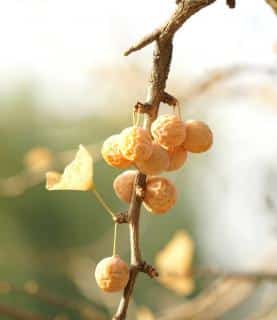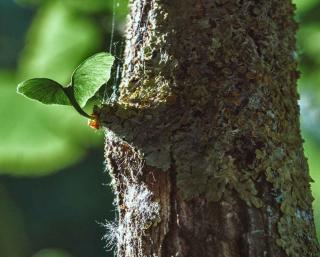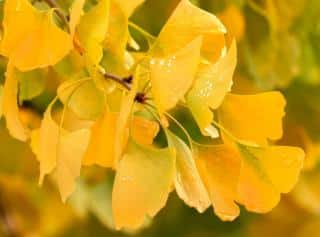

The Ginkgo biloba or silver apricot is a very ornamental tree thanks to the beauty of its leaves and its sprightly, elegant bearing.
Key Ginkgo biloba facts
Botanical name – Ginkgo biloba
Common name – maidenhair, fern pine
Family – Ginkgoaceae
Type – tree
Height – 50 to 85 feet (15 to 25 meters)
Exposure – full sun
Soil – well-drained
Foliage – deciduous
Flowering – May to July
If well planted, it will quickly become one of the most beautiful trees of your garden from spring to fall.

Soil type is irrelevant, because Ginkgo biloba is a tree that adapts well to any type of soil.
You’ll have to water it over the first few years after the planting to stimulate its growth. It is quite slow at the beginning but then speeds up as years go by.


And it also is the most ancient tree family known to man. Traces of it that date back to over 270 million years still appear today in fossils.
Many specimens are over 200 years old. This tree also is the only plant to have survived the Hiroshima atomic blast. Why not grow it as a “symbol of peace” in your own garden?
The leafage is amazing and turns into a magnificent yellow color in fall.
Ginkgo is used more and more in cities because it resists pollution very well.
If you like the art of bonsai, this tree is particularly well suited to it!
Hello!
Is the Ginkgo Biloba would grow in a tropical climate such as the Philippines? Thank you.